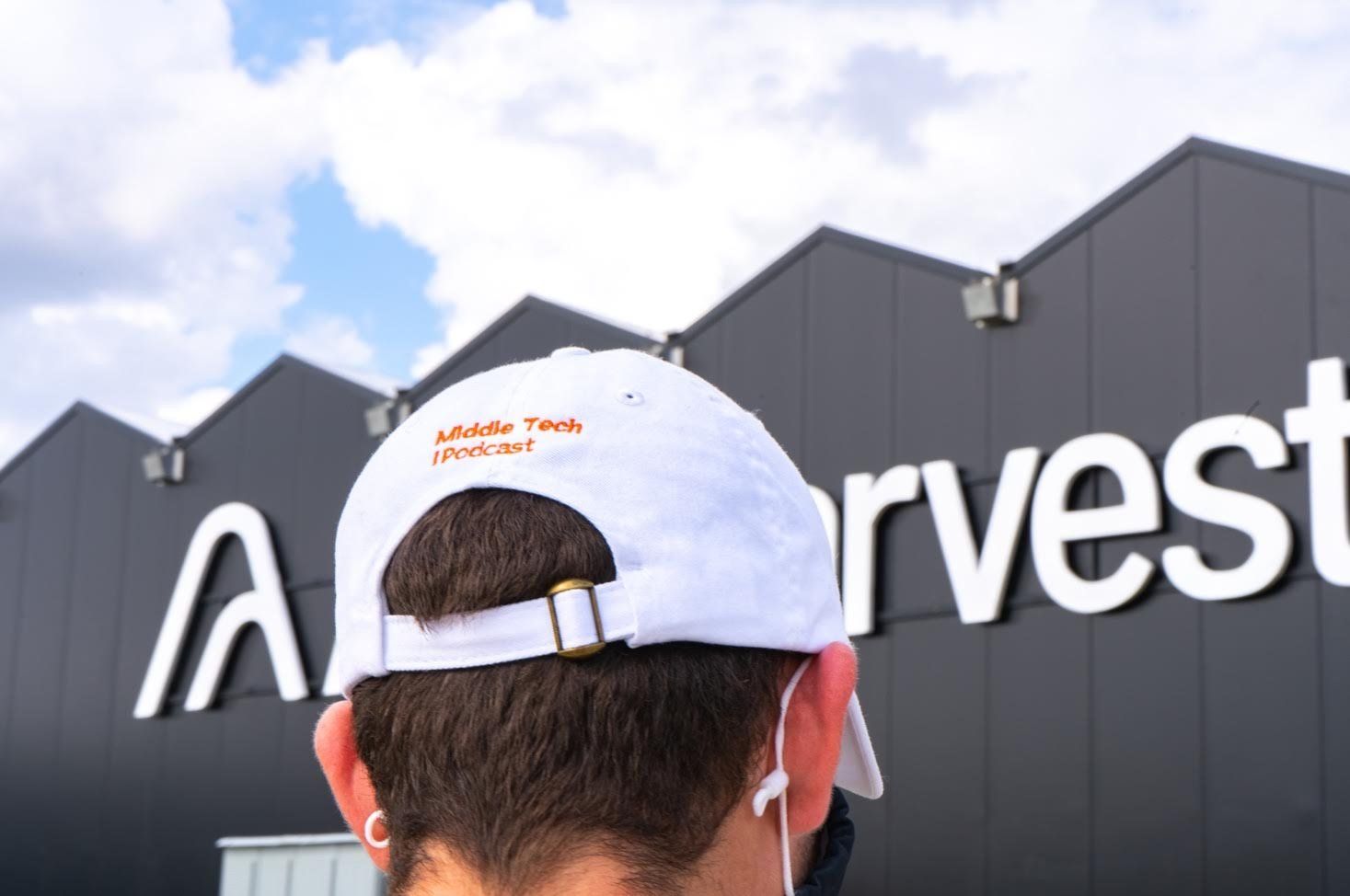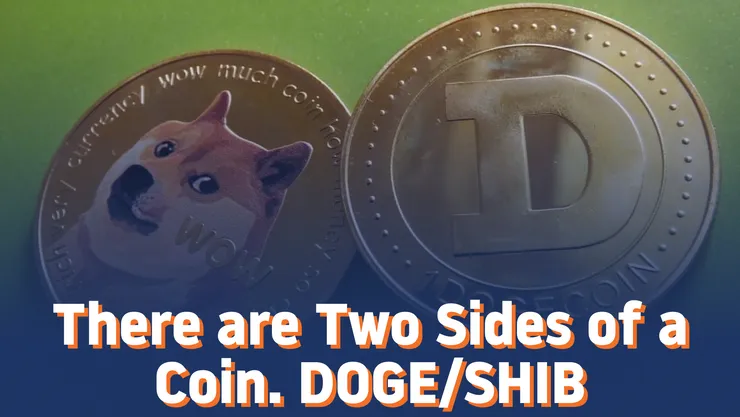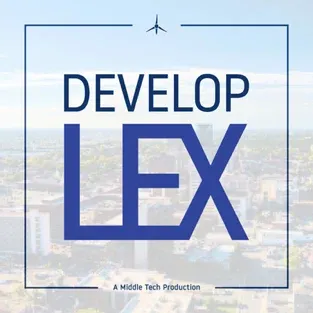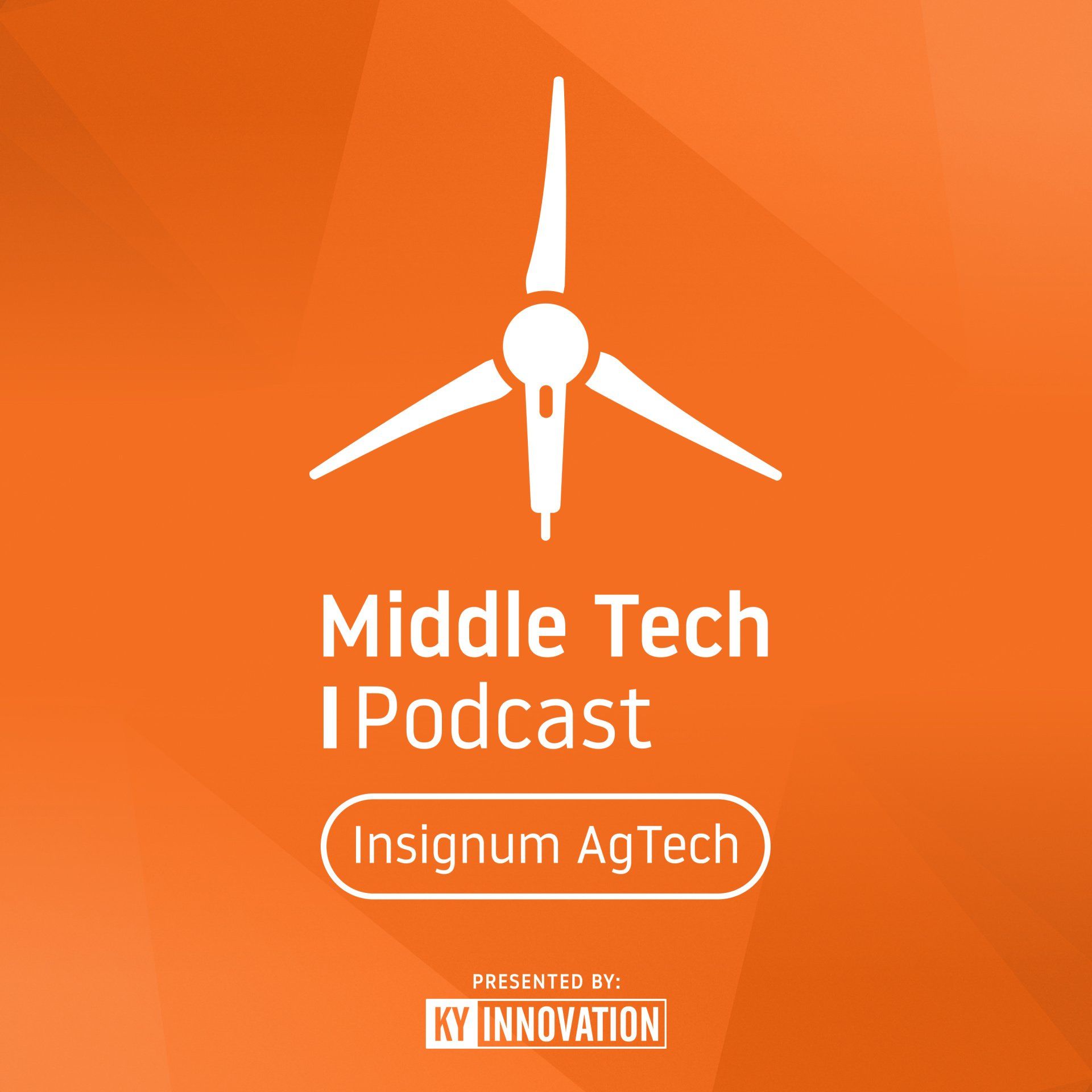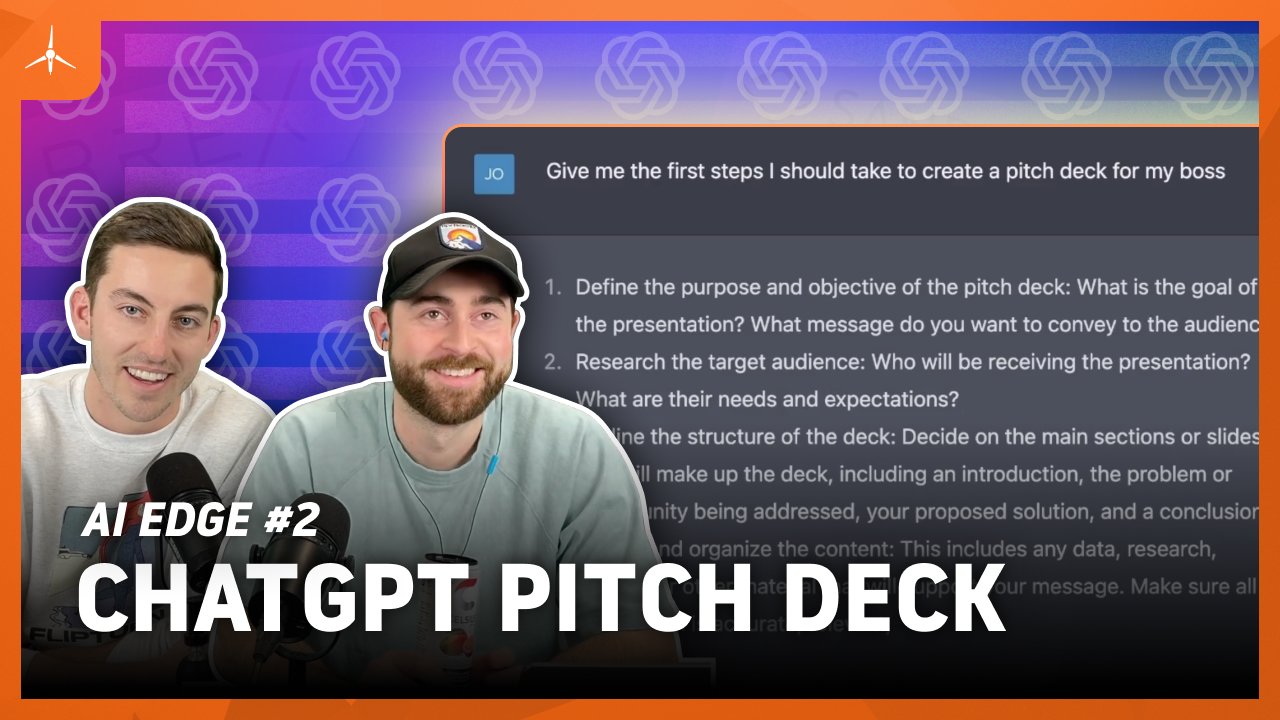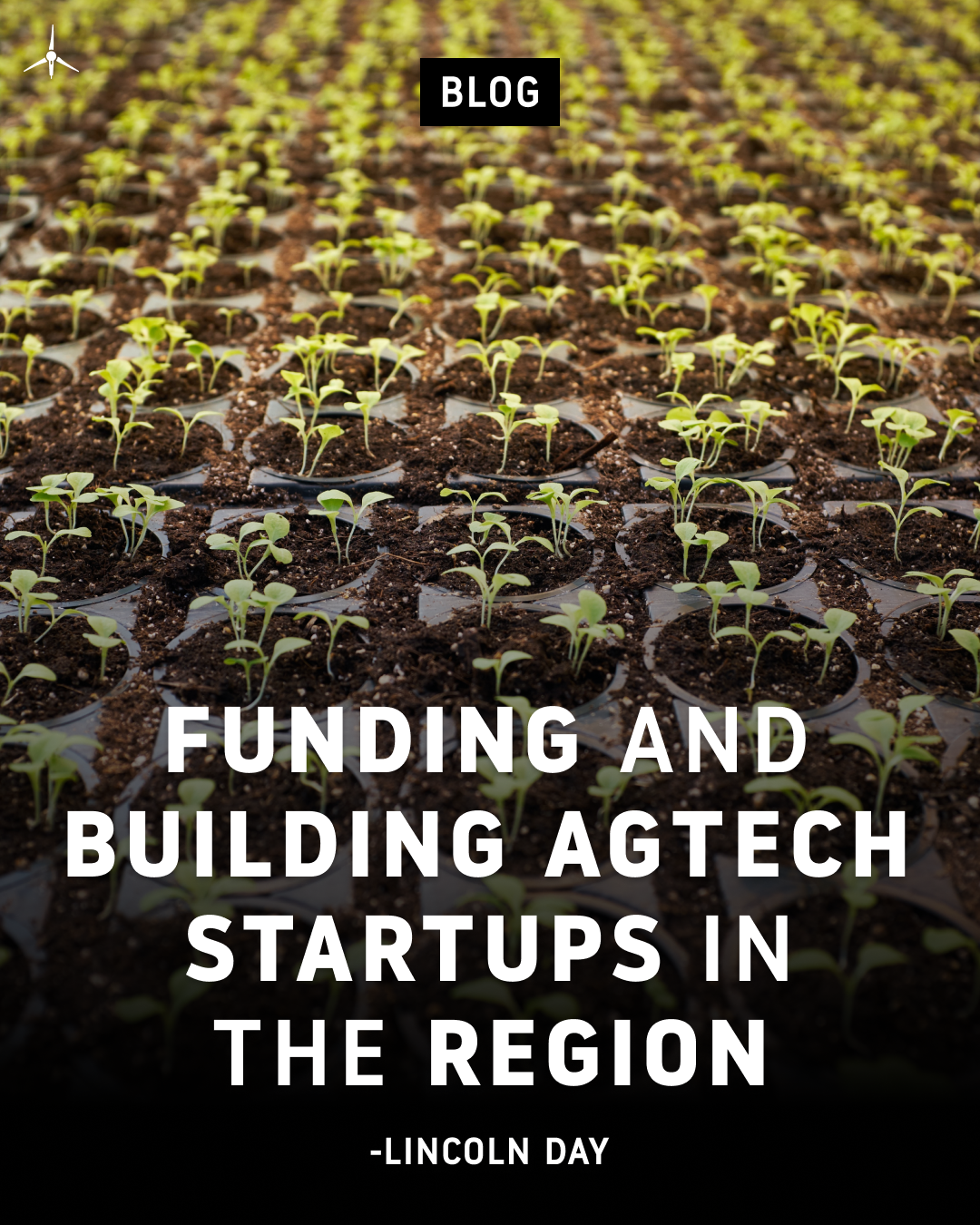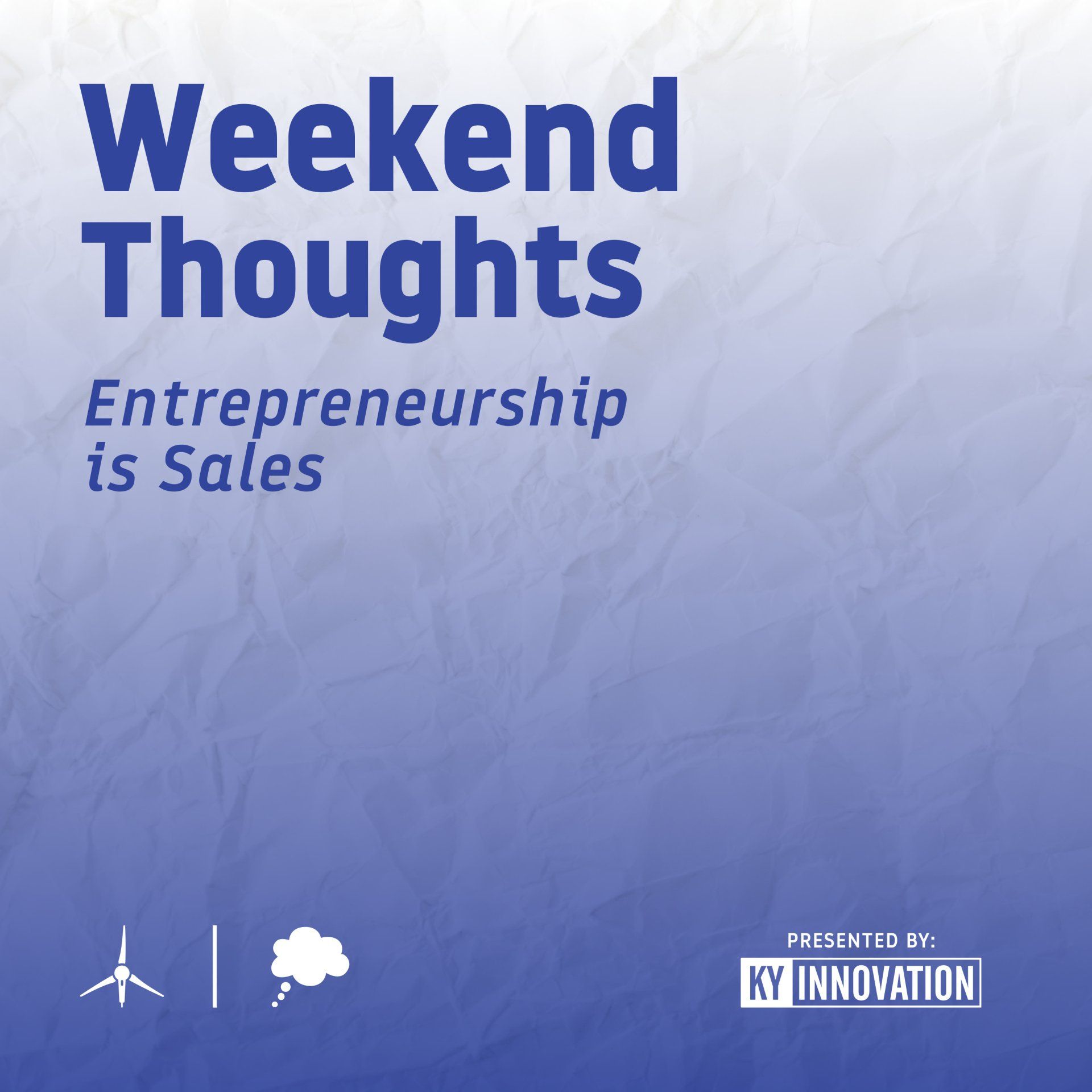The Startup Fundraising Journey: The Hunt
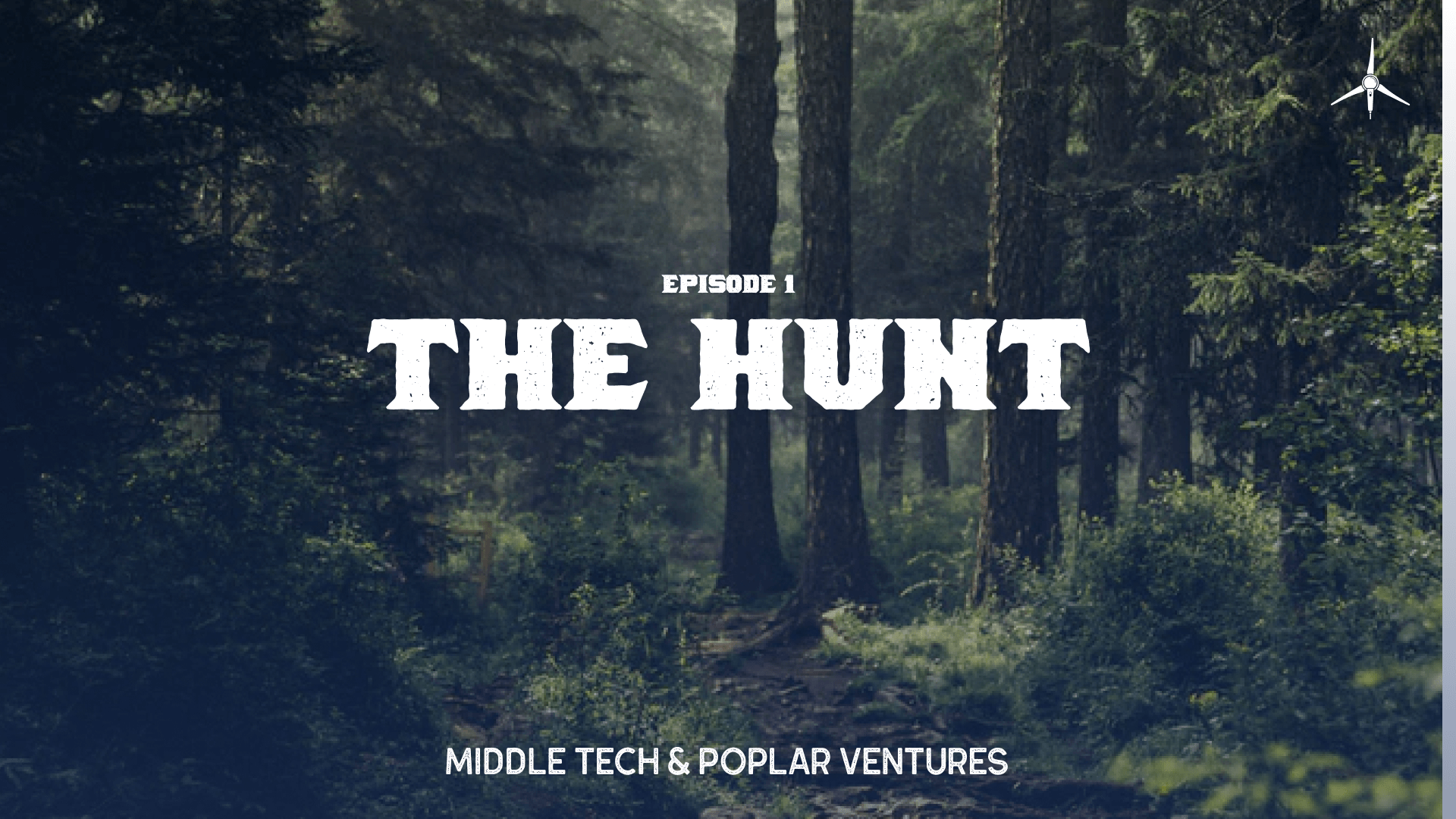
Middle Tech was founded in order to grow the startup ecosystem in Kentucky and Middle America using digital media to educate, entertain, and inspire entrepreneurs as well as people working in the technology space. One area we’ve wanted to shed more light on recently is the process of raising venture capital. We’ve found that many first time founders have questions around the topic with few readily available resources, so they find themselves seeking help from a coastal firm with limited familiarity with this region’s entrepreneur ecosystem. We wanted to fill the void, so we partnered with Louisville, KY-based venture capital firm Poplar Ventures to create a three-part series covering what it is like to raise money in venture capital in middle America. In this series, John Wilmoth and Christian Miller will walk you through the entire journey. We hope this helps founders go into the fundraising process with the confidence and knowledge required to raise the money needed to scale their businesses.
Poplar Ventures is an early, growth stage venture capital firm focused on cloud software technology companies in middle America. In February 2019, Poplar closed on its inaugural fund of $22 Million fund. Their goal is to deploy that capital over the next several years into six to ten startups with at least $1mm in annual recurring revenue (“ARR”). Poplar Founder and Managing Partner, John Willmoth, and Senior Associate, Christian Miller, are passionate about finding high-quality entrepreneurs who have a strong founder-market fit. They seek to leverage John’s 17 years of experience growing Nextel from $10mm in revenue to $15bn to help entrepreneurs achieve long-term success. John and Christian were more than willing to sit down with us to share some key insights into the venture capital investing process.
Below, we’ve highlighted some of the key parts of the conversation. The full podcast is available through our episodes page HERE or your go-to streaming platform. Just search Middle Tech.
Let’s dive in….
This first installment is titled “The Hunt.” We will cover how a venture capitalist (“VC”) firm finds entrepreneurs to invest in and vice versa. We wanted to give entrepreneurs an idea of how to approach VC’s and insights into how VC’s use networking and other strategies to find good entrepreneurs and companies to invest in. Christian said, “For entrepreneurs out there trying to get connected with VC’s, warm intros are really critical. So leverage your network in any way you can. And then it doesn't hurt to do cold outreaches.. We'll look at any deal that comes to us. If you are on our website, go out there and still make the introduction for yourself.”
Since Covid has started, a damper has obviously been put on in-person events and networking; however, Christian says that hasn’t slowed him down. “I would say, I've probably looked at 100 plus companies in the past two months. Almost half have come from virtual based events in Chicago, Nashville, and multiple different places. That would've been hard to cover in such a short time period.”
Whether it’s in-person events, virtual events, or cold outreach, John suggests focusing on building a long term relationship and being able to clearly communicate what you are building and why. “Almost every one of the investments I've made in the past have been situations where I've known the entrepreneur for quite a while. Getting to know them ahead of time is important so that when that right opportunity comes up, when they're at [Poplar’s investment] stage, we already have built that relationship. It makes a big difference.
If it's gonna be a cold email, all I really care about is that you're able to articulate what you're doing. Honestly, it's not more complicated than that. If you can't do it in an email, that probably tells me something. You ought to be able to explain your business and what you're doing and why you're doing it in a very short email.”
Once John and Christian get in touch with a founder and begin building a relationship, they then start to conduct their due diligence on the business and the founders. During their due diligence process, they focus on several functional areas: the team’s experience, product-market fit, the size of the market, competition, go-to-market strategy, and the financial profile of the business.
A tip Christian gave entrepreneurs here is “have a data room (a virtual file folder of relevant files that summarize the functional areas of the business and address potential investor focus areas). Prepare at least your core files that you're going to need in that process. Usually around historical financials, a summary income statement for year to date or whatever that time period is, maybe last 12 months, and something that's a KPI tracker... Particularly for Software as a Service (“SaaS”), you're looking at churn, revenue retention, customer acquisition, how many logos or customers you actually have, and then some kind of MRR or ARR over time. Having something like that is going to make your lives a lot more simpler, especially once you get involved in the [capital raising] process with multiple VCs who are asking you for all these things.”
Next, we talked about how the terms of the deal are decided. The terms determine the structure of the deal and the valuation of the business, so this part is especially important for founders. The key takeaway here is that it is an open dialog and that there are negotiations so both parties arrive at a happy place. John said “It’s ultimately about the pricing. It's no different than any other market. The public markets are easier because you get instant pricing. In a private market, the only way you get that pricing is by having those conversations and having an investor show up and being willing to invest in the business. So the best advice for the entrepreneur, get it competitive, make it a competitive process. Get more than one investor interested in your business and you'll get to the clearing price for your particular company.”
We ended the conversation by discussing the differences between coastal venture capital and venture capital in middle America. John and Christian are pretty adamant that there are few differences; however, the primary difference is the amount of money the coastal firms have to deploy quickly saying “If you have a business that is going after a multi-billion dollar market opportunity and it's a land grab situation and you've got a very good idea that you need 50 million dollars right out of the gate, guess what? We ain’t, helping you. I can lead you to the right people but maybe you need to be in Silicon Valley.
The big difference is the scale. If the scale of is going to be very big, it tends to be much bigger in Silicon Valley. They're making big, big bets. And so that team basically has the ability to go hire a lot of people very quickly and they're basically going out and trying to win that market. So a lot of capital, build the team, go prove the market, go win the market. There's different ways you can go about it. We're not set up for that.”
John then went on to say that Poplar and other funds in this region focus on finding businesses that are the right fit rather than focusing on making several very large, high-risk bets. John wants both parties to bring value to the table. The VC brings experience, a network, and capital while the entrepreneur brings a clear vision and path to success that leads to returns for investors. In the next episode of this series, The Investment, we will be covering the investment process. It will be a deep dive into what goes into a company’s valuation, what additional due diligence is needed, and what the approval process looks like for a VC. Stay Tuned!
